Frequently Asked Questions About Undercounter Ice Makers
FAQ About Undercounter Ice Makers
Here at Vasi Refrigeration, we know ice makers. We also know that as you look for that perfect match, you may have a few questions. We’re hoping to answer those questions even before you know what to ask.
Here are the most frequently asked questions we receive for undercounter ice makers, as well as their subsequent answers.
Yes, all built in ice makers require a dedicated water line.
2. How do I install an undercounter ice maker?
Although we recommend using a licensed professional , undercounter ice maker installation isn’t as complicated as your might think. You simply connect the water line, run the drain line from the back of the unit, plug it in, and you are all set and ready to go. That said, always be sure to follow the installation instructions in your owner’s manual, as installation may vary from model to model.
3. What type of ice do built-in ice machines make?
This varies by machine. Built-in ice makers produce different shapes of ice. These may include, crescent shaped ice, cubed ice, clear ice, pearl or nugget ice, and gourmet ice.
4. What is the difference between ice production capacity and ice storage capacity?
Ice production capacity is the amount of ice the unit is capable of making in a 24 hour period, given prime conditions. If ambient temperatures are extreme, ice production capacities will decrease. Ice storage capacity is the maximum amount of ice the unit can store at any given time. In order to anticipate ice usage throughout the day, the storage capacity is typically significantly less than the production capacity.
As with all units, the ice maker will stop producing ice once the bin is full and will start making ice again once some ice is used. (As a side note, many people wonder how much ice is a pound of ice. A quick and easy way to think about ice pounds is to consider the bags of ice sold at a convenience and grocery stores, which are 10 pounds each. So, an ice maker with a production capacity of 60 lbs. has the ability to make up to 6 traditional bags of ice.)
5. Do I need to use a water filter with my undercounter ice machine?
Although water filters are not absolutely necessary, they are highly recommended. A water filter can help your ice machine last longer, will help your ice to taste better, and will lengthen the time required between cleanings. Almost all manufacturers suggest that you use some type of water filter.
6. Do I need a drain for my undercounter ice maker?
Most undercounter ice makers do require a drain line, but there are exceptions, like the EdgeStar IB120SS, that do not. These models act as a freezer and keep the ice frozen, thus no need for a drain line. Other ice makers are not able to keep the ice frozen, and as the ice melts, it needs to drain. The models that require a drain will typically arrive with one free of charge.
7. What should I consider when shopping for an undercounter ice maker?
There are several things to consider. First, you will want to consider where you are going to place the ice machine. You must make sure you will have access to a water line in the area you plan to install it. Also, consider the measurements of the space and find a unit that will fit appropriately. You will want to make sure there is access to a standard household 3 prong outlet to power your unit.
Additionally, you should consider whether or not you will have the ability to drain the ice machine if necessary. Next, you will want to consider what type of ice you would like, such as crescent shaped, clear cubed, pearl or nugget, or gourmet ice. You should also consider what kind of finish you are looking for in the door, such white, black, or stainless steel. Arguably the most important consideration is how much ice per day you think you will need. Keep in mind that if your ambient temperatures are warmer than usual, you will need to anticipate a lower production than advertised.
8. How do I clean and maintain my undercounter ice maker?
Every undercounter ice maker will include cleaning instructions in the owner’s manual; however, an easy to do is to first step is to unplug your unit and discard any ice that may be inside. Next, remove all parts that come into contact with ice from the machine and wash and sanitize them using an ice machine cleaner. Then, rinse them off in warm water and let air dry. Reassemble the machine and wipe all expose surfaces and, again, let air dry. Restart the machine and always discard the first batch of ice produced after cleaning.
Be sure to refer to your owner’s manual for more detailed and specific instructions on how to clean your particular ice maker.
9. Should I use a gravity drain or a pump drain with my built-in ice maker?
As a general rule, you should try to use a pump drain. However, gravity drains can work and work well provided you have the correct set up.
If you wish to use a gravity drain, make sure that the drain is lower than the drain outlet of the ice maker, thus the water will flow downhill, using gravity.
In addition, you will need to make sure that the drain is no further than 12 inches away from the machine. If these two conditions cannot be met, then you will need to go with a drain pump. Many machines come with a pump option; however, you can also purchase an external drain pump.
10. Can I use my undercounter ice maker in the garage?
There are some outdoor ice makers that are approved for outdoor use and would work well in a garage because they are built to withstand the extreme hot and cold temperature often experienced in garages. If you are using a standard indoor undercounter ice maker, you should not attempt to use it in your garage. Indoor ice makers require a certain ambient temperature to work properly, and unless your garage is highly insulated or temperature-controlled, it probably does not fall within the ambient temperature range needed. You would start to see performance problems above 90°F and below 50°F.
11. Do I need a special plug or dedicated power line to run my ice maker?
Most residential undercounter ice makers plug into a standard 110V – 120V 3 prong household outlets, so there is no special wiring or dedicated power lines needed.
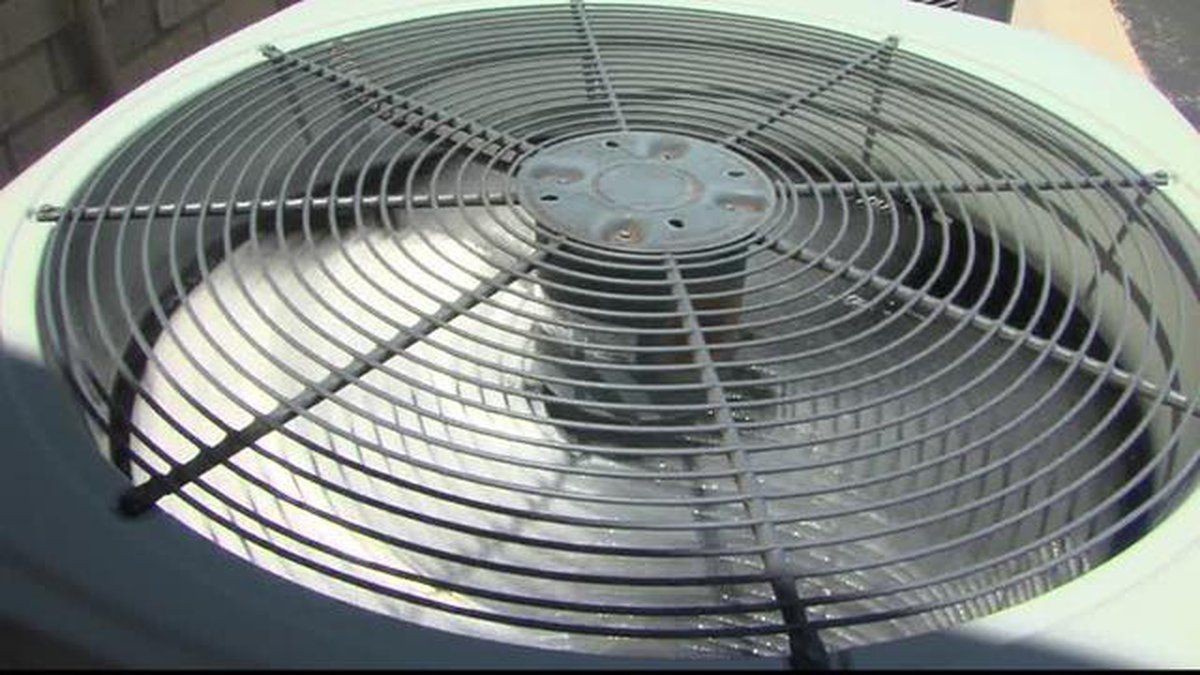

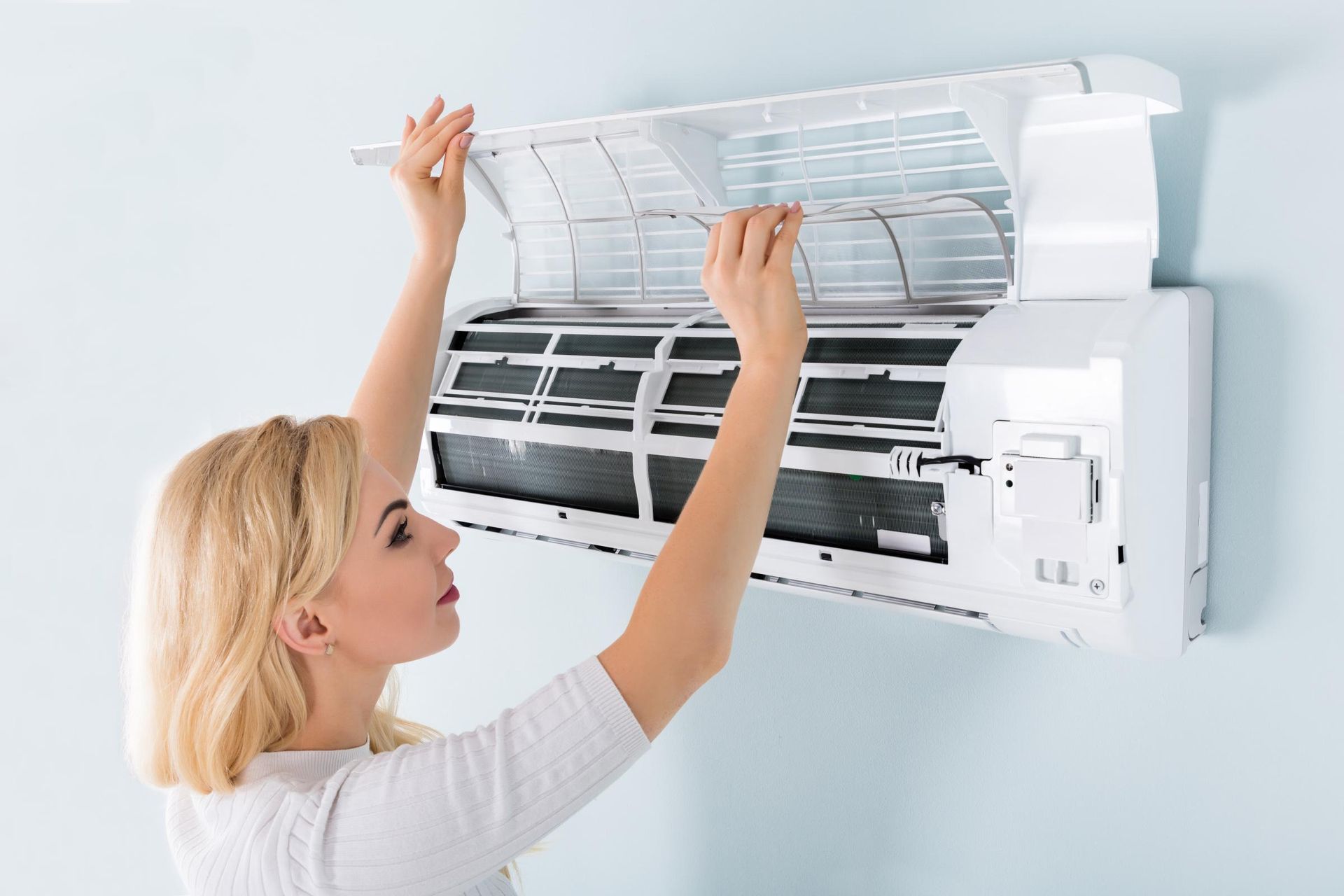
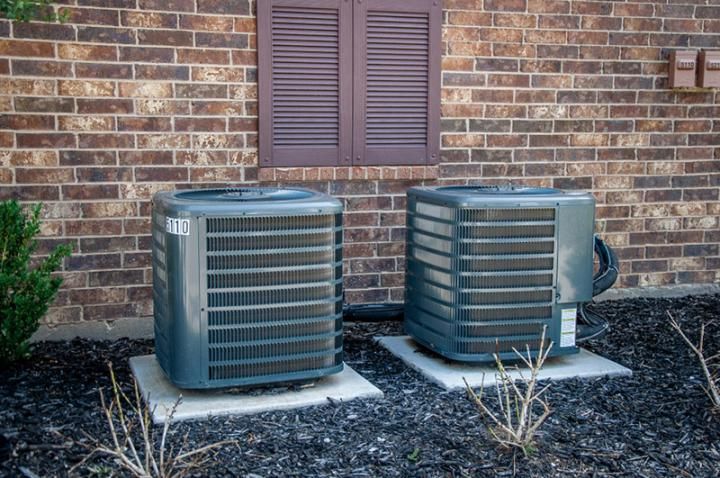

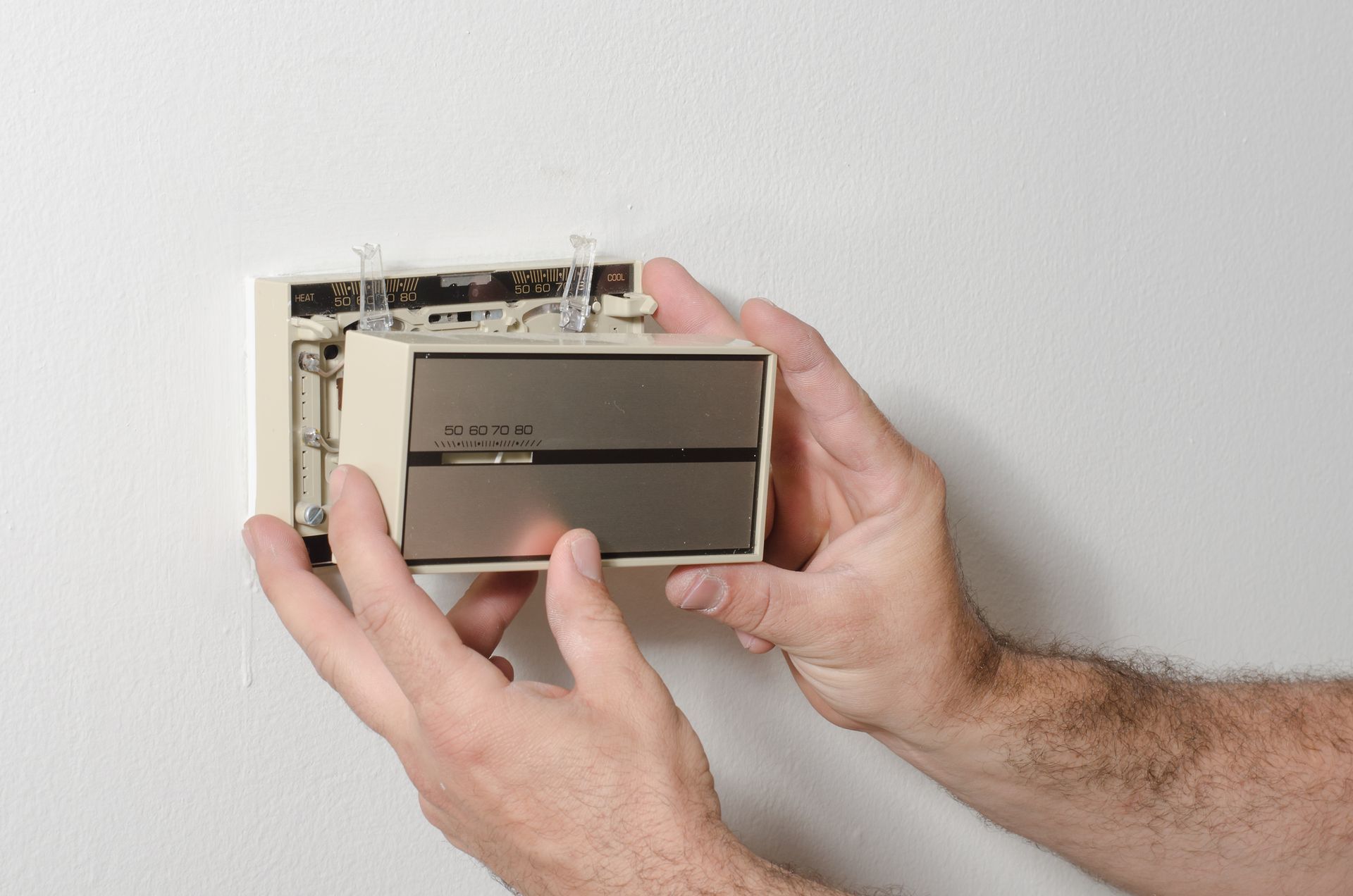

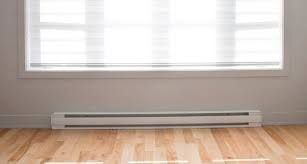
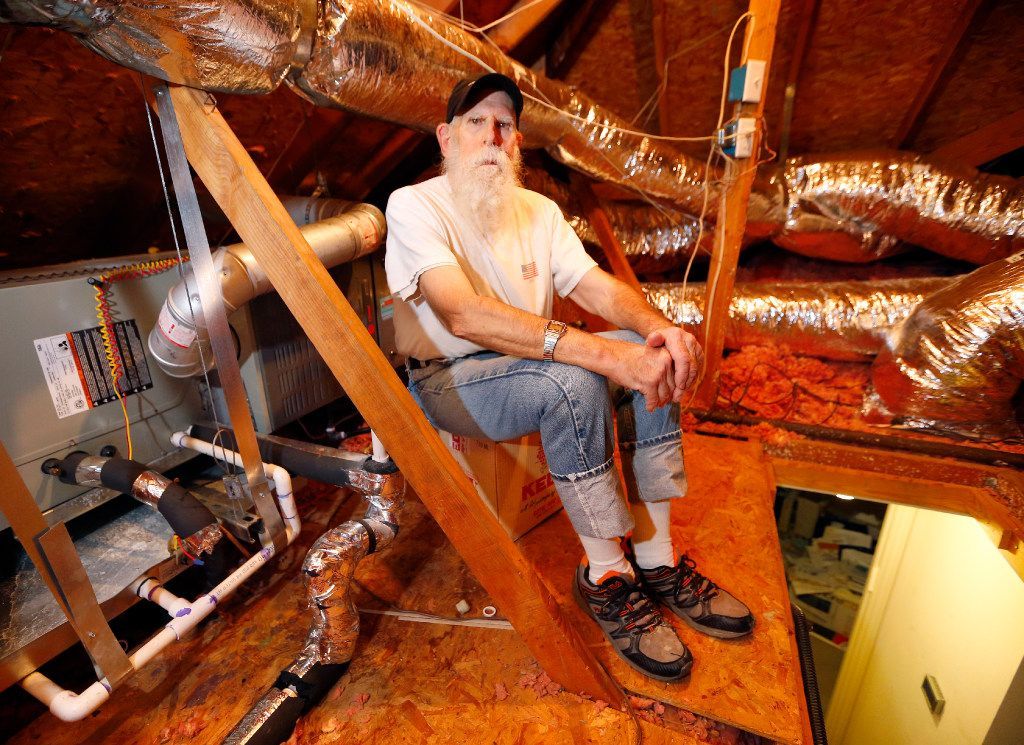

1200 Brickell Avenue Suite 1950, Miami, FL 33131
At 24/7 Local HVAC, we specialize in facilitating connections with top-tier HVAC professionals. Our focus is on bridging the gap between you and reputable HVAC companies operating within your local vicinity. It's important to emphasize that each of these HVAC entities functions independently and autonomously.
We firmly place the onus on every individual user to meticulously verify that any selected HVAC company aligns with the mandated licensing and insurance prerequisites stipulated by the governing authorities in their respective jurisdiction.
Furthermore, it's worth noting that our services may regrettably not cover all geographical areas. In instances where our services are available, the scope of offerings could potentially differ based on the composition of service providers present within that particular region.

